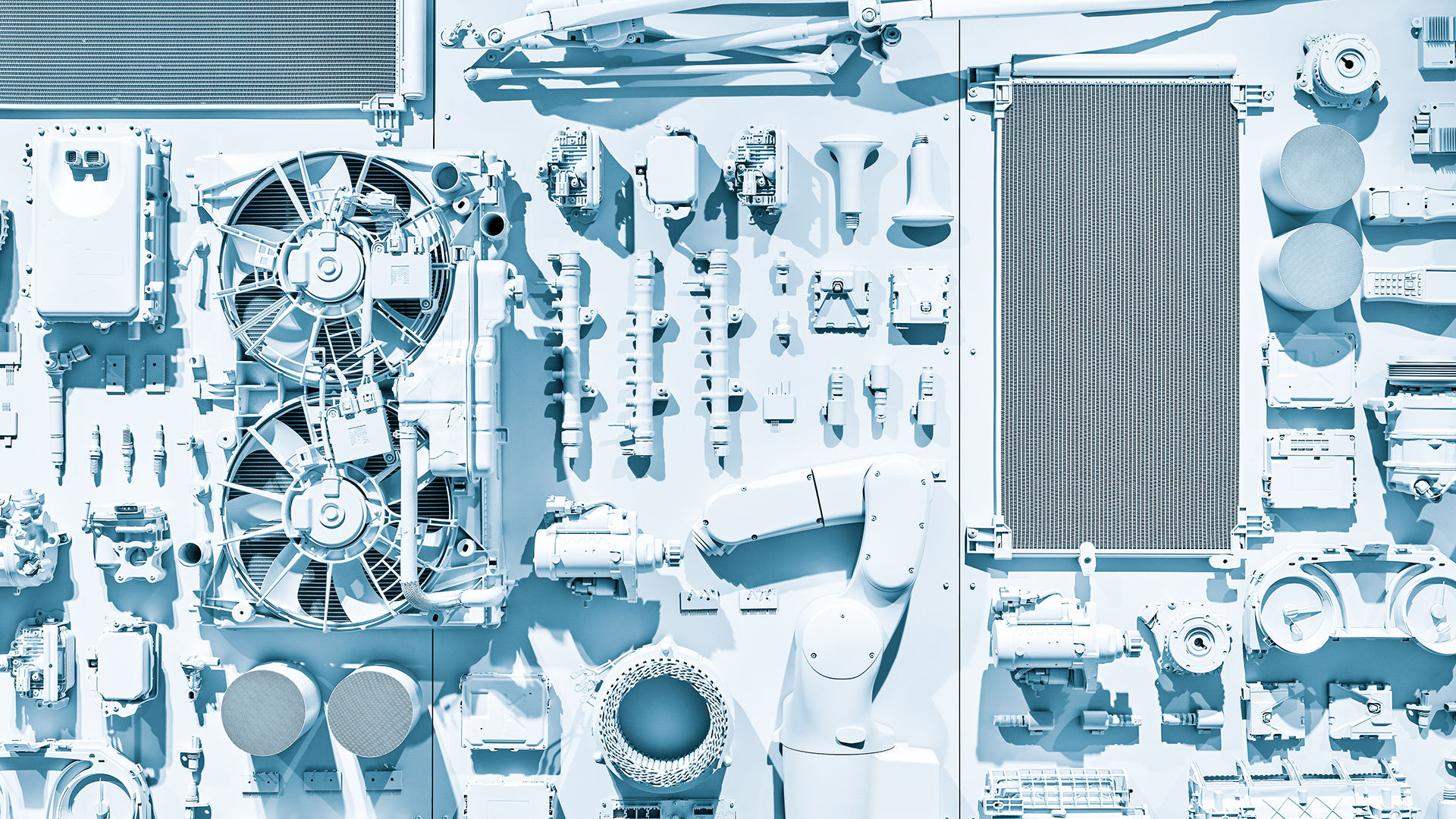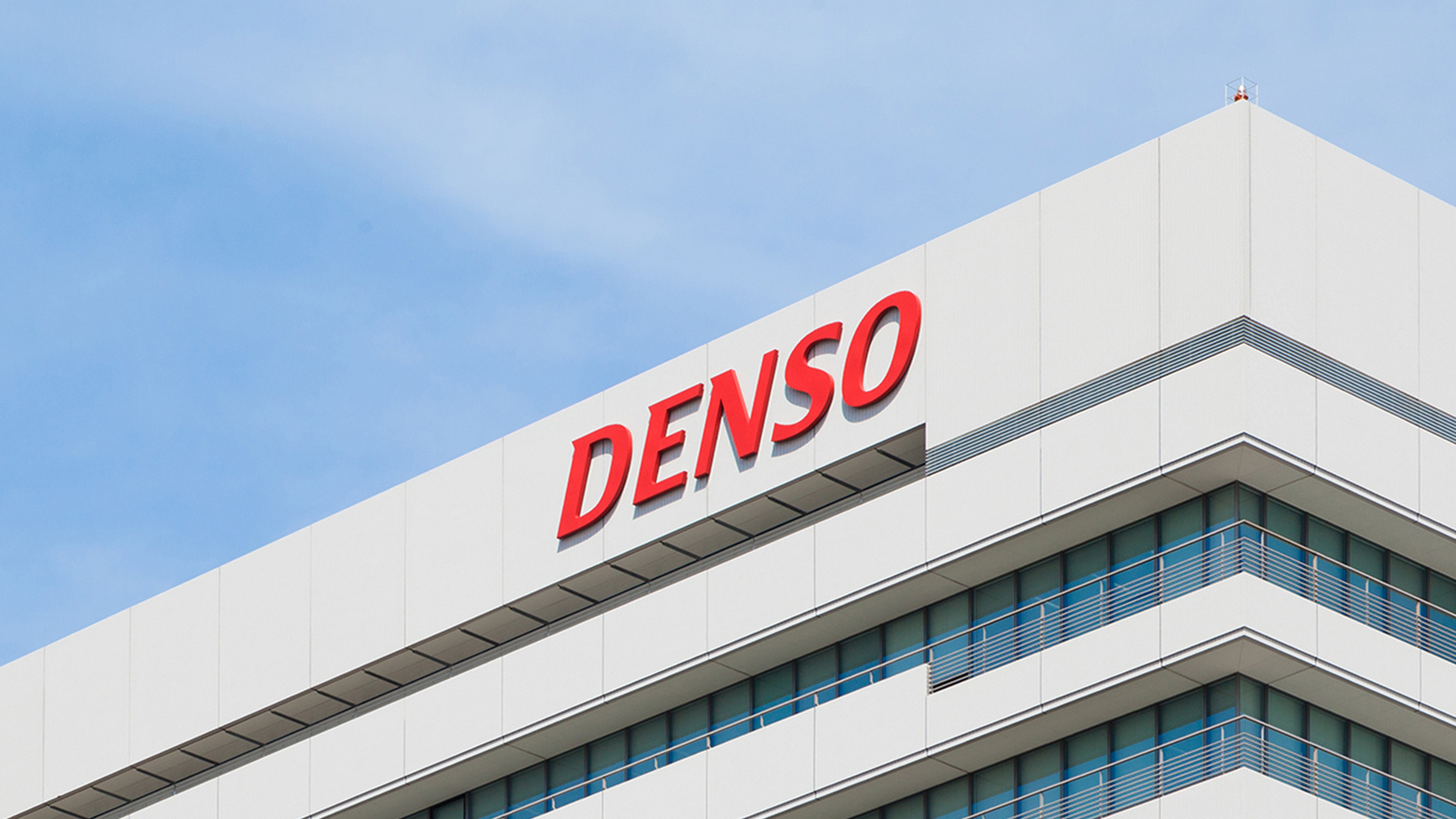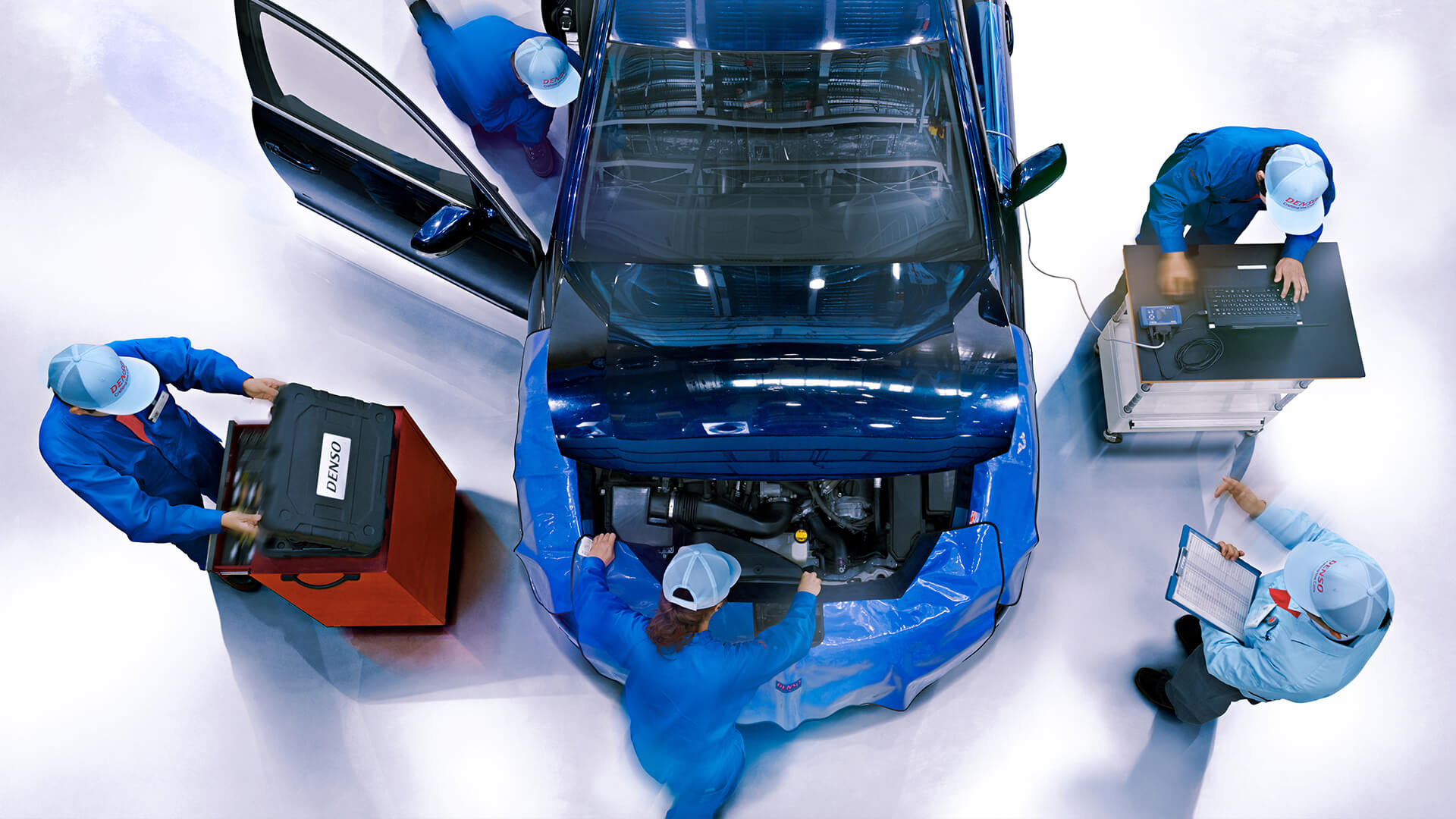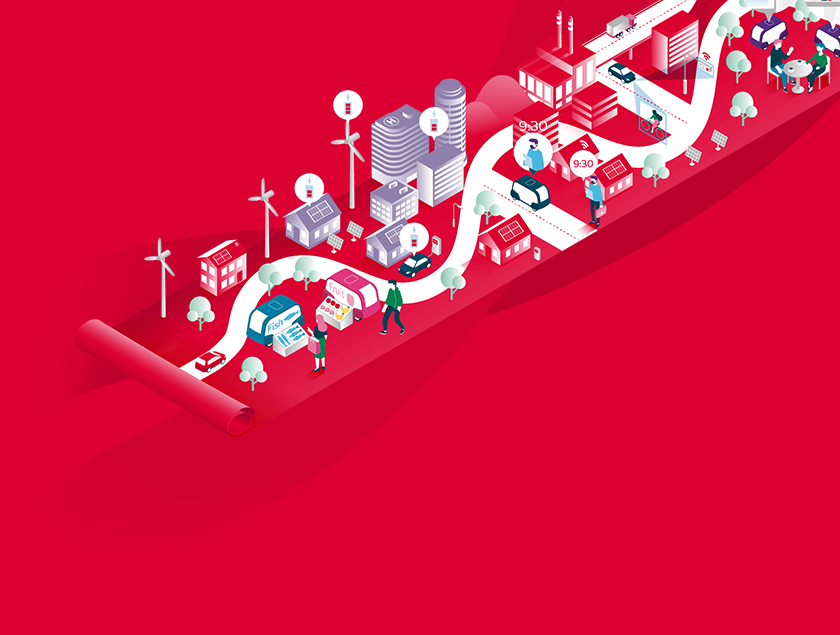Ian Williams: Communication is Key – Listen Carefully, Speak Clearly, And Share Ideas Respectfully
Ian Williams, Director of EU Powertrain and Electrification Engineering at DENSO AUTOMOTIVE UK (DNUK)
Profile
Ian joined Nippondenso Sales UK in 1994 as Engine Management Systems (EMS) Development Engineer, where he developed EMS with numerous customers, like Jaguar, Land Rover, and Volvo.
Since his early time at DENSO, Ian’s career and responsibility progressed together with the growth of DENSO in Europe. From 2021 until now, Ian served as the Director of EU Powertrain and Electrification Engineering Group.
Where he works
Based at DNUK, located in Coventry, central England, Ian oversees all Powertrain and Electrification Engineering Application and R&D activities across DENSO Europe locations (UK, Germany, Sweden, France, and Italy).
In DENSO Europe, we help power and enable clean, convenient mobility and energy conversion by developing and applying technological solutions (systems and components) for various vehicle and stationary applications.
We work with many different OEMs and DENSO departments, such as Corporate R&D, Electronics & Thermal Engineering, Technology Planning Division, Sales, Manufacturing and Service & Quality Assurance, located in both Europe, Japan, and the rest of the world, which makes for varied and exciting work, along with the opportunity to work within a highly diverse team of individuals.
Listen carefully, communicate clearly, and share ideas respectfully
Meeting and exceeding customer needs and expectations brings the greatest sense of reward and achievement, whether the customer is an OEM or an internal customer who receives the output or outcome from your activity/work.
Communication is key to customer satisfaction to ensure customer needs and expectations are fully captured and shared. It is important to ensure all plans progress, and all issues are understood to enable close collaboration for innovation and solve problems within teams and with other related departments.
We all have different backgrounds, cultures, languages, viewpoints, priorities, pressures and ideas, which creates a potential for misunderstandings and miscommunications, which invariably cause rework, leading to frustrations, delays, inefficiency and can damage relationships.
I believe listening respectfully and carefully with interest and having an open and flexible mind to try to understand the real intention of people is just as essential as explaining our own ideas & opinions clearly with logic without bias and emotion.
For these reasons, the quality of communication is paramount to identifying and addressing early miscommunication.
Quality over quantity when it comes to communications
My first role in DENSO was supporting the development of a leading-edge EMS with DENSO’s first overseas customer for such a product.
The development was led by DNJP engineers in Japan, supported by a small team of local and expat engineers based in the UK close to our UK customer. With an eight-hour time difference to Japan, failures in communication or misunderstandings had the risk of wasting days of work by the global team or delaying the start of actions, risking customer confidence and trust.
In such a working environment, I quickly learned the importance of timely, accurate, and concise reporting by using simple language (visualization, where possible) to ensure information, ideas, and expectations were communicated precisely. This approach was taken to enable the smooth progress of the project and meet customer expectations.
Due to the increased volume and frequency of communications and information sharing we have seen recently, especially with remote working and advances in communication technology, it is impossible to check all communications and correct misunderstandings as they happen.
Therefore, we all need to focus on the quality of our communication individually (rather than volume) to ensure we communicate robustly. On top of that, managers need to use periodic project reviews to identify and correct misunderstandings.
Creating sustainable solutions to solve societal issues
Managing a sustainable transformation to Carbon Neutral Technology whilst supporting our current customers in satisfying the global market needs for cost-effective and convenient mobility is the current biggest challenge we face within our group.
By communicating and managing this transition carefully with our customers, we will be able to offer appropriate clean technology solutions to help solve key societal issues, such as air quality and climate change.
What do you like about DENSO?
The size and scale of the DENSO Europe organization supports and stimulates collaboration with easy access and allows us to be as agile and flexible as other small companies. At the same time, being part of DENSO Corporation means we can access a vast amount of technology, knowledge and resources if needed.
Working with Ian
Nadir Syed, Senior Manager/HoD for Mechatronic Systems Engineering
As an intern under Ian's management, I was fortunate enough to start my career at DENSO as part of the Powertrain EMS R&D team in DENSO UK. I remember my first impression of him was that of someone that is both respectful while being respected and trusted by several expatriates from DNJP.
With his ability to listen and focus on understanding patiently, he achieves effective communication with his counterparts. This is enhanced by careful consideration to communicate in a way that is best understood by the other party, rather than own personal preference. This kind, flexible and effective consideration is vital for him to understand customer expectations.
Our own department strives to apply this approach such that we can continue to understand and thus meet and exceed customer expectations as we step into new, challenging, and exciting business domains.









